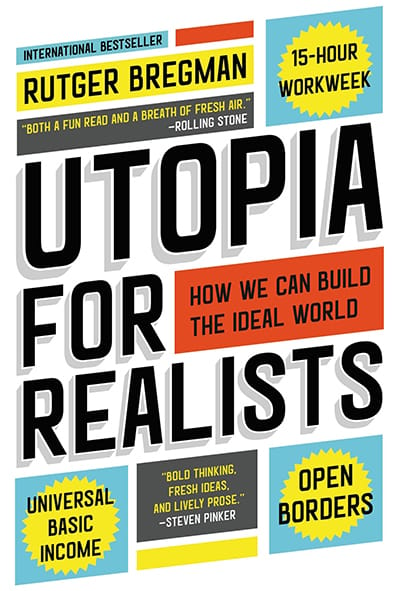Today’s edition of Wishful Working is a 3 minute read.
We’ve heard it from business owners and boomer relatives and newspaper articles dating back to 1894:

“Nobody wants to work anymore.”
If you’re anything like me, this phrase immediately puts you in defense mode.
Because most of us know labor shortages (actual and perceived) have nothing to do with laziness or a lack of willingness to work. There are many, many social, cultural, and economic factors at play, including but not limited to:
Stagnant wages
Poor working conditions
Demographic shifts
Shitty work-life balance
Inadequate employment benefits
Non-existent parental leave policy (I’m looking at you, 🇺🇸)
Obviously, “nobody wants to work anymore” is bullshit. But what I find most interesting about this sentiment is the subtext — the idea that we should want to work, and that working is somehow inherently virtuous.
Oof. Raise your hand if you’ve been personally victimized by this work ethic.
🙋
When I quit my job in October 2021 and spent several months intentionally not working, I struggled with feelings of shame and worthlessness. I was so burned out from my previous full-time job, and I didn’t particularly want to go back to the world of traditional 9-to-5 days and 40-hour weeks. But at the same time, I feared this attitude toward work meant I was lazy and unambitious — a textbook entitled Millennial.
Now, with nearly 2 years of freelancing under my belt, I know I’m not lazy, unambitious, or entitled. The longer I work for myself, the more I realize the dominant cultural ideas about work and leisure and success and wealth are so messed up.
Now, when I hear “Nobody wants to work,” I mostly think, “Yeah, no shit.”

We’d rather do almost anything else, but we have to work in order to, you know, afford basic necessities and the things that make life worth living.
Freelancing is one path to working less while still earning enough to live on, but freelancing won’t be the answer for everyone. There are other paths:
Many companies are experimenting with a four-day, 32-hour work week.
Many countries have piloted basic income programs, where residents receive unconditional cash payments.
The workplace trend of job sharing, a part-time arrangement where two individuals share one role, could allow for better work-life balance.
Some people are making major lifestyle shifts to save aggressively, live frugally, and retire early.
This list could go on and on, and I’ll dive deeper into some of these ideas in future newsletters. But the gist is this:
We were made for more than work.
Wanting to work less is not a character flaw — it’s a very real, relatable desire.
And because I’ve tasted the freedom of a life not centered on work, I want to do everything within my power to help others do the same.
📚 Recommended Reading
A book rec for anyone interested in diving deeper into some of the topics in this newsletter:
See you next week,
Kara

